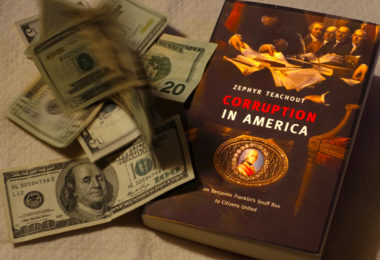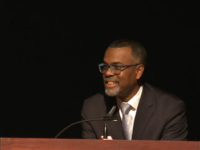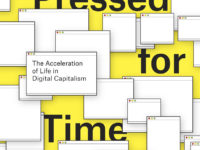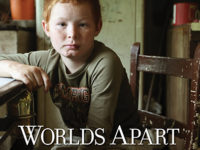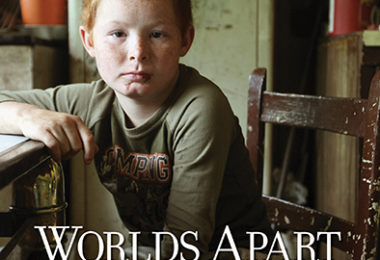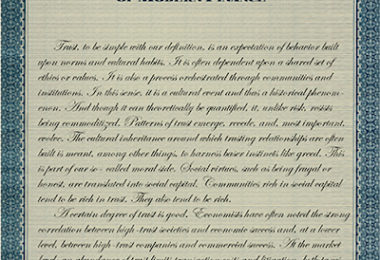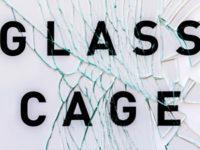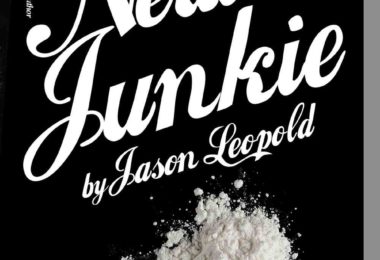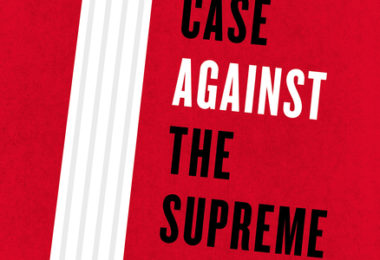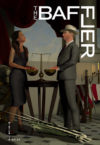Zephyr Teachout: We’re Mired in Corruption
Speaking on the morning of January 20, 2017, as Donald Trump was about to take the oath of office, Zephyr Teachout observed: “He’s on track to violate a key provision of the Constitution within the next hour or so. The moment he’s sworn in.” Teachout’s book “Corruption in America” examines shifting concerns about political corruption from the early days of the republic to today’s full-blown oligarchy.
When All Boats Aren’t Lifted
One of the key features of our current malaise is what I call “disremembering.” The fact is that some people in this country think that we have double digit unemployment because black people don’t want to work. They think that white wealth is thirteen times that of black wealth because we’re not working hard; because we’re not diligent or self-reliant; because we’re dependent, victim-mongering, relying on black victimization.
The Election That Mattered
David Daley makes the case in his new book RATF**KED that if you don’t understand what happened in 2010, you don’t understand something fundamental about why American politics is the way it is today. “It’s the biggest political heist in modern times,” he says.
Q & A with Geert Lovink
Presently holed up at the Amsterdam School of Applied Sciences, 7,000 miles from Silicon Valley, tech critic Geert Lovink has held it down in different forms of European bohemia since the eighties, asking, over a series of five books: How can we use technology to actually make the world a better place?
Q & A with Neda Semnani
In 1979, Iranians living abroad, Neda Semnani’s parents among them, rushed back to Tehran to enjoy the fruits of the Islamic Revolution—only to find Khomeini an even more repressive leader than the Shah. Nursing a young family, Semnani’s mother gave up politics, detaching herself from the increasingly dangerous underground leftist opposition network.
Q&A: Judy Wajcman on the Scapegoating of the Email Inbox, Busyness as a Status Marker, the Division of Labor at Home, and More
Last April, an erroneous story got passed around online that the French government was considering making it illegal for people to answer work emails after 6 p.m. It was soon discredited—the proposal came from two unions, in the context of a contract negotiation, rather than from the government—but not before the mischaracterized version was picked up by what seemed like every single news site in America.
Q&A: Cynthia M. Duncan on Poverty and Politics in Rural America
Twenty years ago, the stock market was high, and national unemployment was low. But not everyone had an equal claim to that growing bubble. When University of New Hampshire sociologist Cynthia M. Duncan published the first edition of her book Worlds Apart in 1999, she exposed the hard realities for rural communities where both jobs and hope were packing up and leaving.
Q&A: Ian Klaus on the History of Fraudsters, Fakes, the Financial Press, and More
Trust is like gold: it’s at the heart of capitalism, and it’s a commodity that can be either invested or squandered. As Ian Klaus tells it, the history of modern finance is a story of the constant interplay between trust and risk, and between gentlemen and rogues.
Q&A: Nicholas Carr on Computers, Toilet Technology, the Hollowing-Out of the Middle Class, and More
Nicholas Carr’s previous book The Shallows issued a warning about what the Internet is doing to our brains. His new one, The Glass Cage: Automation and Us (Norton, 288 pages, $26.95), warns us about what computer technology is doing to our lives—our jobs, our economy, and our sense of fulfillment as human beings within the natural world.
Q&A: Jason Leopold on Addiction and Recovery, Journalism Mistakes and Mea Culpas, and More
Jason Leopold’s first book News Junkie (originally published in 2006) is a no-holds-barred, coming-of-age memoir about dependency. It describes how Leopold “replaced [his] addiction to drugs and alcohol with an addiction to breaking news stories” and chronicles his highs and lows as a reporter, first working for the regional office of the LA Times, and then for the Dow Jones wire services, where he delved into the country’s emerging energy crisis (particularly in California) in the days before the fall of Enron around the turn of the millennium.
Q&A: Erwin Chemerinsky on What’s Broken in the Supreme Court, and How to Fix It
Erwin Chemerinsky, dean of the School of Law at the University of California at Irvine, has written a new book in which he carefully lays out The Case Against the Supreme Court (Viking, 400 pages, $30).
Q&A: Ewa Glapka on Bridal Magazines’ Counterintuitive Appeal, the Commodification of the Modern Wedding, and More
Ewa Glapka is a research fellow in sociology department at the University of the Free State, South Africa. Her current research projects revolve around language, gender, the media, and the sociology of the body and beauty. She says she is particularly interested in the role of language in shaping people’s perceptions of themselves.


